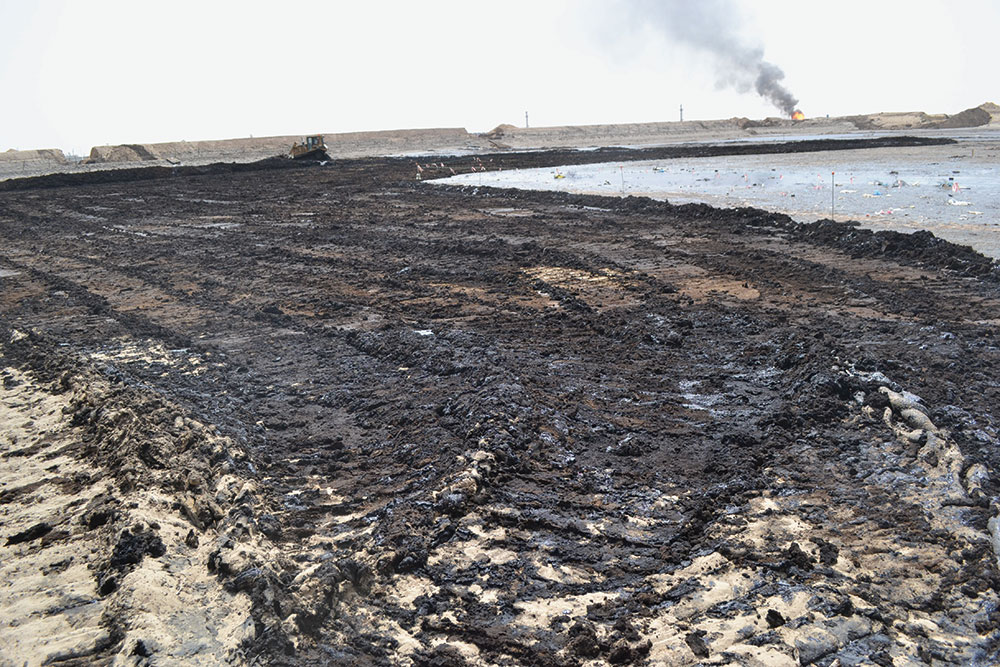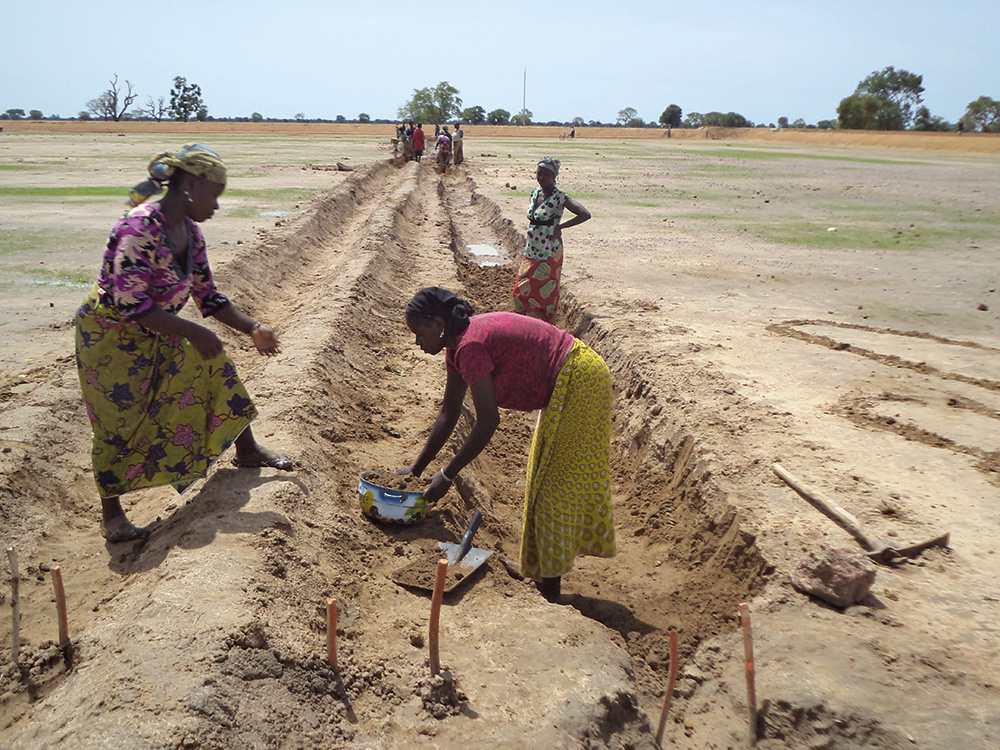DLG-Verlag was founded in 1952 as a subsidiary of DLG e.V. (Deutsche Landwirtschafts-Gesellschaft - German Agricultural Society) with its headquarter in Frankfurt/ Germany. The publishing company provides expertise for the agricultural and food sector.
With its subsidiaries Max-Eyth-Verlag and DLG-Agrofood Medien GmbH the DLG-Verlag offers books and magazines, as well as catalogs of the DLG's international DLG exhibitions.
Members:
Resources
Displaying 56 - 60 of 316Livestock: recyclers that promote the sustainability of smallholder farms
Livestock are kept for a wide range of purposes in Africa, and there is considerable diversity in animal husbandry. Among the most important advantages in keeping animals is their contribution to maintaining and even improving soil fertility. Furthermore, animal husbandry offers economic, social and cultural benefits. However, the authors also look at the constraints that smallholders face in livestock husbandry.
Milk production pays off! – Experiences of a DPPP approach in Northern Sri Lanka
Initiated by an international packaging company and a local retailer enterprise a project was set up in the Jaffna district in 2013 supported by the GIZ “development partnerships with the private sector” (develoPPP) initiative. The project aims at an increased quality and quantity of milk production and medium-term coverage of the regional demand. Within a couple of months, the monthly collected amount of milk has increased from 3,100 litres to 35,610 litres, and the number of participating farmers has increased tenfold.
China’s biomass energy development – a perception change from waste to resource
China has a longstanding tradition of using biogas for decentralised energy supply. Already, there are nearly 42 million household digesters in the rural areas, a figure set to double by 2020. But the country has even more ambitious plans. In order to achieve its own climate targets and raise the share of renewables in overall energy supply to 15 per cent by 2020, it wants to set up 16,000 middle- and large-scale biogas plants. However, implementation isn’t quite so easy.
Tangible sustainability
Family farms are often associated with greater sustainability. But the definition of sustainability is a highly disputable topic. The School of Agricultural, Forest and Food Sciences (HAFL) in Switzerland has developed a method enabling a more objective evaluation of sustainability in agriculture. Response-Inducing Sustainability Evaluation (RISE) covers ten sustainability indicators and supplies the foundation for agricultural advice.
Boosting commercial sorghum production and marketing with the "aggregator model"
How can the private sector contribute to the fight against hunger, poverty and malnutrition in the remote areas of sub-Saharan Africa? This article looks at a model that has been applied in Kenya and Tanzania, addressing the right tools, skills and knowledge to make smallholder production a success.






